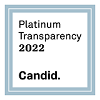Highlights of our LTRM Program
There is a continued need for effective, affordable, and long-term substance use disorder treatment and recovery support services for people in the Metro Salt Lake region that help people achieve long-term recovery versus short-term results. Research suggests that the primary challenge in treating people with substance use disorders is not helping them identify, detoxify, or quit the abuse of a substance, but rather it is helping to assure that they maintain abstinence. Patients with a chronic substance use disorder experience high rates of relapse and multiple treatment episodes due, in part, to the way services are delivered. Researchers argue that the delivery of substance abuse treatment services in the United States needs to mature. Currently, substance abuse service delivery is largely based upon an acute-care model, due in large part to the influence of traditional insurance-based funding structures on the genesis and evolution of the entire system. Leaders in the addiction field have argued that to achieve sustained recovery, substance use disorders should be treated like other chronic health conditions and address the whole person, including co-occurring disorders. Long-term outcomes for sustained recovery include increased employment income and decreased criminal justice and healthcare costs.
Core Treatment Components
Launched in 2016, our Long-term Recovery Management (LTRM) program aims to ensure that this shift in care delivery occurs for all of the patients we serve. Our LTRM model emphasizes sustained, post-treatment recovery management to elevate long-term recovery rates, enhance the quality of personal/family life in long-term recovery, increase employment income, and ensure benefits for our community such as decreasing criminal justice and healthcare costs. We utilize the evidence-based TALER (Tracking, Assessment, Linkage, Engagement, and Retention) Protocol, Recovery Management Checkups, as well as the Contracts, Prompts, and Reinforcement program components.
TALER
We utilize the evidence-based TALER (Tracking, Assessment, Linkage, Engagement, and Retention) Protocol, Recovery Management Checkups, as well as the Contracts, Prompts, and Reinforcement program components.






